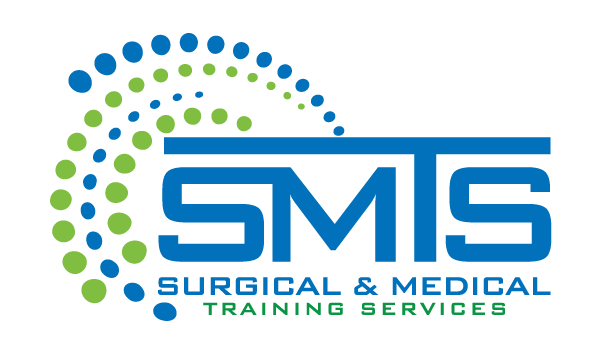If you have completed the extensive education required of you to become a board-certified nurse or physician, compassion may be a characteristic that you assume you have. Perhaps when you first began your educational journey, you did. Maybe you still do, or think you do. According to studies, it isn’t just a nice thing for a medical professional to be nice. It’s essential to patient outcomes. Here, we discuss what research has to say about this, and how cadaver training fits into this critical aspect of practice.
In their book Compassionomics: The Revolutionary Scientific Evidence That Caring Makes a Difference,” physician-scientist team Stephen Trzeciak and Anthony Mazzarelli discuss the various reasons why patients may choose healthcare providers based on their “vibe”of kindness over their educational background. Additionally, their extensive research proves to those who have chosen to enter the field of medicine, even first-responders, that their attitude toward their patients matters a great deal.
NOT ONLY MEANINGFUL, BUT MEASURABLE
The role of a healthcare provider is to diagnose and treat. Quickly. The healthcare system has become quite concerned with the bottom line. Treat patients so they do not over-use healthcare services. This approach to healthcare may be far out of alignment with exceptional caring. It may also be backfiring. A review of case studies has shown that patients who had compassionate, patient-centered care accrued approximately 50 percent lower medical expenses, and were less likely to use excessive healthcare services than patients whose doctors were somewhat impersonal.
Impersonal could be the attribute assigned to a healthcare provider suffering from depersonalization. One one hand, seeing patients as objects rather than human beings could be an inherent coping mechanism. However, a study conducted by the Mayo Clinic, involving nearly 8,000 surgeons in America, found that surgeons with the highest levels of depersonalization committed three times more major surgical errors than their more compassionate peers. The leading reason for these errors? Lapse in medical judgment.
ARE YOU SHOWING COMPASSION FOR YOUR PATIENTS?
Another Mayo Clinic study from just a few years ago revealed that physicians listen to their patients describe their medical concerns for an average of only 11 seconds before interrupting them. The same study found that the average patient needs only 29 seconds to complete their description. In addition to allowing patients to express their health concerns, compassionate healthcare providers are those who sit while speaking to patients, face the patient and make eye contact, and who genuinely care about the person sitting in front of them as it pertains to their emotional well-being.
IT’S NOT ALL ABOUT THE PATIENT
Healthcare providers are stretched to their limits these days like never before. It is therefore easy to think there is no time for compassion and that it doesn’t really matter anyway. It does. Not only for the patient but also for the provider. According to studies, the patients of compassionate providers heal faster and better, resulting in happier, less burned out providers.
SMTS – Surgical & Medical Training Services puts our commitment to patient-centered care into action via a variety of services. Cadaver training is said by some to be outdated and irrelevant in the world of modern technology. While technologies like virtual reality may be sophisticated, they do nothing to foster the sense of humanity between doctors and their patients. To maintain the necessary sense of compassion, training should be conducted on human tissue.
Learn more about our educational services, live stream events, and more. Contact SMTS – Surgical & Medical Training Services at (888) 801-9444.

